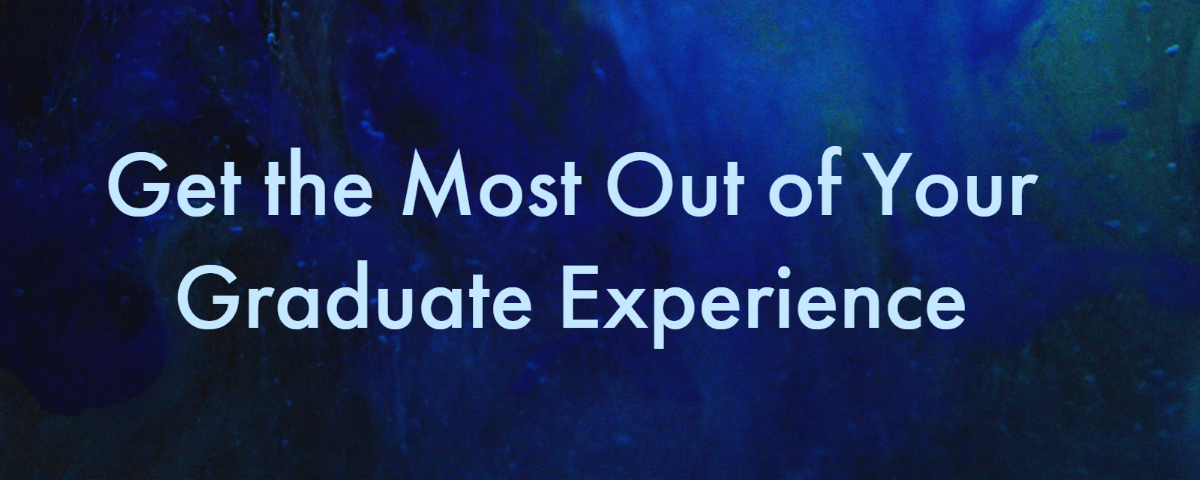Some example questions to ask your potential advisor:
- Do graduate students have input in the research being conducted in your lab?
- Are your graduate students supported via RA or TA?
- What grants, if any, support the lab and what is the duration of the grant?
- What is your average graduation time and retention rate?
Talk with the advisor, as well as current/former graduate students about the expectations of your potential advisor. Important topics to cover include expectations of working hours/vacation time, how often do graduate students communicate with the advisor, what is the social/working culture of the lab, etc.
Focus on a novel topic. Practice in the room you will be presenting in to familiarize yourself with available tools. During your practice run, invite more senior graduate students. Time the practice presentation. Arrive and set up early the day of your presentation. Dress professionally. One of the most important parts of the seminar is answering most of the questions in the allotted time.
Review previous exams, if available (Ask Ed!). Form a study group with others in your cohort and/or more senior graduate students. Review the research being conducted by the professor writing the cume. Get feedback from the professor, if possible. Answer all the questions you are confident in first, then spend time on rest
Read and understand the experiment and be able to prepare a 10-15 min lecture. Ask questions BEFORE your scheduled teaching day. Attend initial training and weekly meetings for important information. During lab, walk around the class and check in with every student. Stay off electronics!
Will you bike, walk, bus, or drive to campus? Familiarize yourself with the various options for commuting. Living closer to campus is ideal. You can find a detailed list of commuting options on the resources page.
Have boundaries and don’t be afraid to enforce them. Have set working hours every day. Make lists of tasks to complete to prevent being overwhelmed. After working hours, turn off email notifications. Have a balanced work and home life.
Know the resources that are at your disposal such as places on and off campus to study, how to navigate campus, places to live nearby, etc. You can find a detailed list of on the resources page.
Opportunities for members to be supported through travel funding and annual scholarships. Networking with other chemistry graduate students through events like tailgating, hiking, bowling, etc. A community where chemistry students will be supported.
On your down time, explore nearby hiking trails such as Palo Duro Canyon and Caprock Canyon. In addition, the First Friday Art Trail, Farmer’s market, Buddy Holly Center, Windmill Museum, etc. are all fun ways to destress from the work week.

